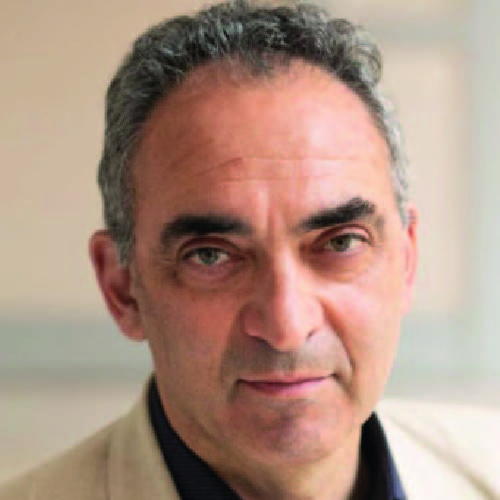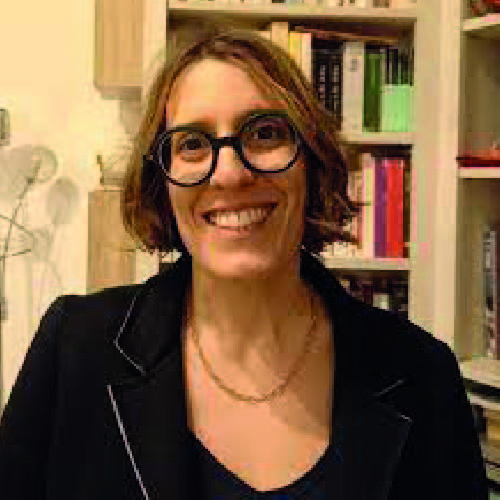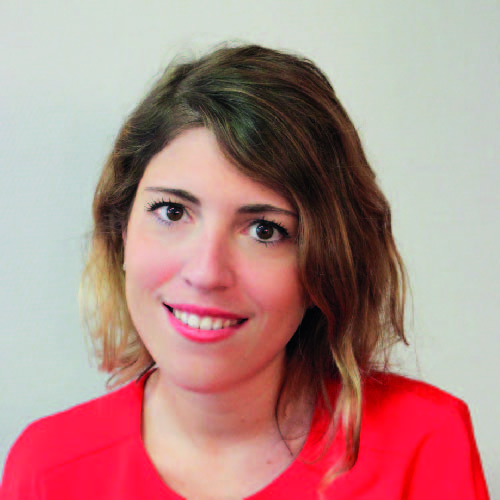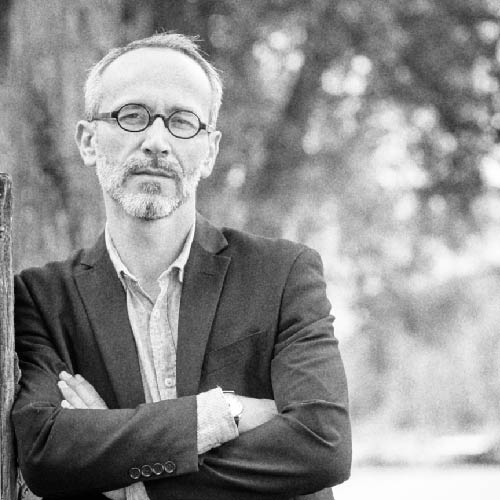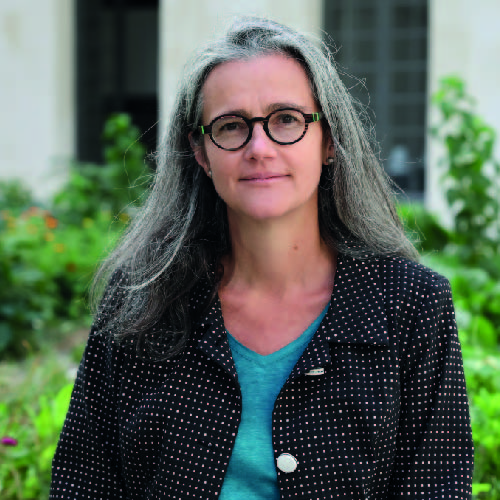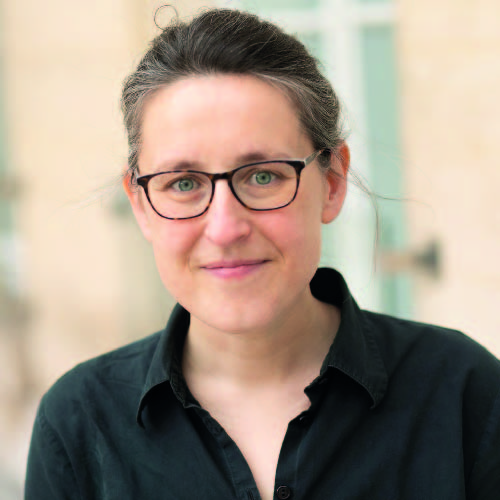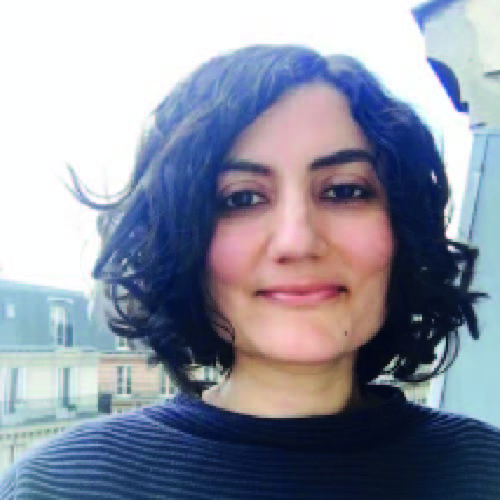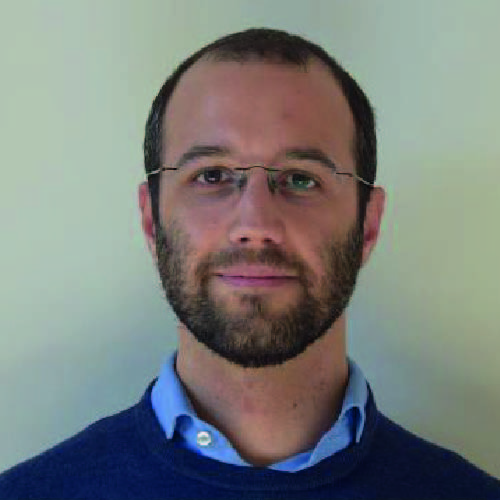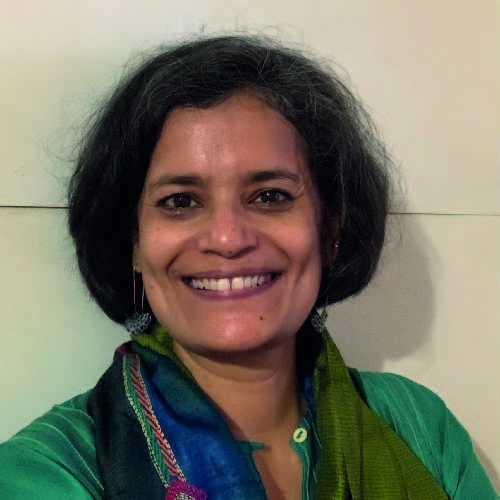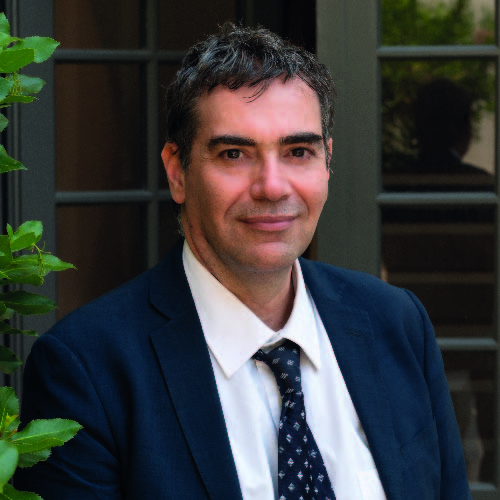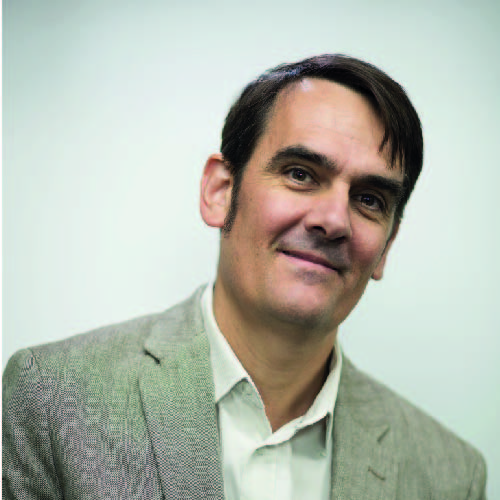AESOP 2024 ANNUAL CONGRESS | ROUNDTABLES
36th AESOP Annual Congress 2024 Paris, France
“GAME CHANGER? Planning for just and sustainable urban regions”
Temporality in Planning Thought – Ideas for Strengthening the Temporal Dimension in Research, Education and Practice
Organizers :
- Gérard Hutter, IOER Dresden in Saxonia
-
Thorsten Wiechmann, TU Dortmund University
Speakers:
- Simin Davoudi, Newcastle University
- Raine Mäntysalo, Aalto UniversityMoritz Maikämper
- Andy Inch, University of Sheffield
-
Miriam Jensen, Aalborg University
Issues of temporality have gained prominence in planning research, education, and practice. For instance, dealing with climate change in cities and regions requires fast action (tempo). Consequently, it is important to understand how to accelerate local efforts of change towards climate-neutral cities and regions (change in tempo). However, there are also voices that argue that planners in liberal democracies need to integrate slow and fast processes of decision-making and action (poly-temporal strategies). Measures of river restoration and reducing flood risk often take several years or even decades until they are implemented (duration). Analyzing phases of strategic spatial planning at regional and local level is a common approach in research and practice (periodization and duration of periods or phases). An important success factors of transformative change in cities and regions is that “windows of opportunity” are exploited (timing, “Kairos”). Issues of memory and future-making in the present have recently been discussed in planning theory. Memories and expectations are both related to experience and, hence, “moving targets”. These are only examples on the long list of temporal issues in planning. It would seem self-evident that planners would devote as much attention to time and temporality as to the spatial dimensions of planning. However, in the past, this has not been the case. Fortunately, there are more and more contributions to understand how temporality is related to planning thought in research, education and practice (for instance, Davoudi 2012, Abram 2014, Laurian & Inch 2019, Calderon et al. 2022, Hutter & Wiechmann 2022, Zhelnina 2022). Therefore, we are interested in the prospects of enhancing the temporal dimension in its widest sense related to planning thought. This interest encompasses various efforts of planning theories (e.g., strategic planning, governance theories, historical and discursive institutionalism), education (e.g., strategic studies, project development), and planning practice (e.g., routine and creative practices). We expect that the round table at the annual congress of AESOP in Paris contributes to clarifying the agenda of temporality and planning in an international context and we are interested in intensifying networking with time-sensitive planners around the globe.
Keywords: temporality, timing, planning processes, strategic spatial planning
LOC
The Local Organising Committee
